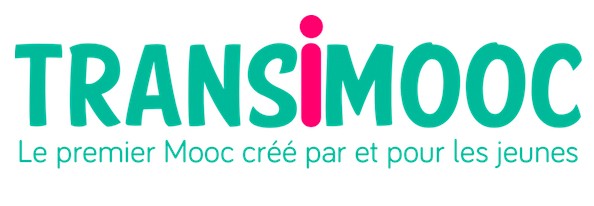Dans le cadre de l’Université d’été Ludovia, Infobourg observe les enjeux du numérique en éducation d’une perspective québécoise. Nos chroniques vous permettront de suivre une partie des discussions. Aujourd’hui, une idée coup de cœur pour lutter contre le décrochage.
Muriel Epstein, enseignante en mathématiques et chercheuse, s’intéresse à la prévention du décrochage scolaire. Dans le cadre d’un projet de recherche, elle a voulu, avec sa collègue, mettre sur pied un projet-action bien différent du cadre scolaire habituel.
Elles sont parties du postulat que les jeunes aiment apprendre, mais que pour un grand nombre, le cadre scolaire ne convient pas. De plus, les décrocheurs ne sont pas nécessairement des jeunes qui n’aiment pas apprendre. Elles ont donc voulu leur redonner le goût d’apprendre par la création d’un espace mixte socialement, un espace à l’extérieur de l’institution. En effet, les chercheuses considèrent qu’« il faut leur laisser l’espace d’avoir envie d’apprendre ». C’est ainsi qu’est né TransiMOOC.
TransiMOOC*, c’est un cours en ligne préparé par les jeunes à l’intention des jeunes. « Dans le cadre de ce projet, on demande à des jeunes issus de divers milieux de créer des capsules de contenu pour leurs amis décrocheurs, leurs petits frères et sœurs. On leur donne des tablettes, ils peuvent utiliser leur smart phone, des papiers de couleur et des crayons. Avec cela, ils font des vidéos. » On casse la structure de la classe. Les élèves ne sont plus obligés de travailler avec des jeunes du même niveau, mais plutôt par matière.
En fabriquant les vidéos sur des thèmes demandés (on a commencé avec un cours sur l’histoire et la géographie en troisième – sec. 3), les élèves se rendent parfois compte que leurs pairs ne maîtrisent pas certaines notions. Ils doivent alors s’entraider pour progresser. « Ça rejoint plusieurs types d’apprenants et les cours leur parlent vraiment », explique l’enseignante.
Les résultats du projet, conduit avec le concours de l’association Transapi, sont intéressants : les jeunes de milieux défavorisés sont très favorables à cette façon de faire, ils disent avoir appris plus par rapport à la structure traditionnelle. Au contraire, ceux provenant de milieux favorisés trouvent que c’est plus gadget et que ça ne leur a rien appris.
D’une intervention à l’autre en classe, les chercheuses ont constaté que la présence des jeunes augmentait (ceux qui étaient en train de décrocher entendaient parler de la méthode et revenaient voir…) et qu’ils restaient même en classe plus longtemps que le temps prévu pour finir leurs capsules vidéos.
En terminant, Muriel Epstein souligne un questionnement : la vague de créateurs de MOOC* va-t-elle se propager ou si les jeunes deviendront finalement des consommateurs de MOOC qu’il faudra relancer?
* Un MOOC (Massive Online Open Course), ou CLOM (Cours en ligne ouvert et massif) est un cours en ligne gratuit auquel tous peuvent s’inscrire. On entend aussi FLOT (Formation en ligne ouverte à tous) pour désigner cette tendance.






